11 Things Every Home Seller Should Do
As a home seller, your goal is to sell your property quickly for the most money possible.

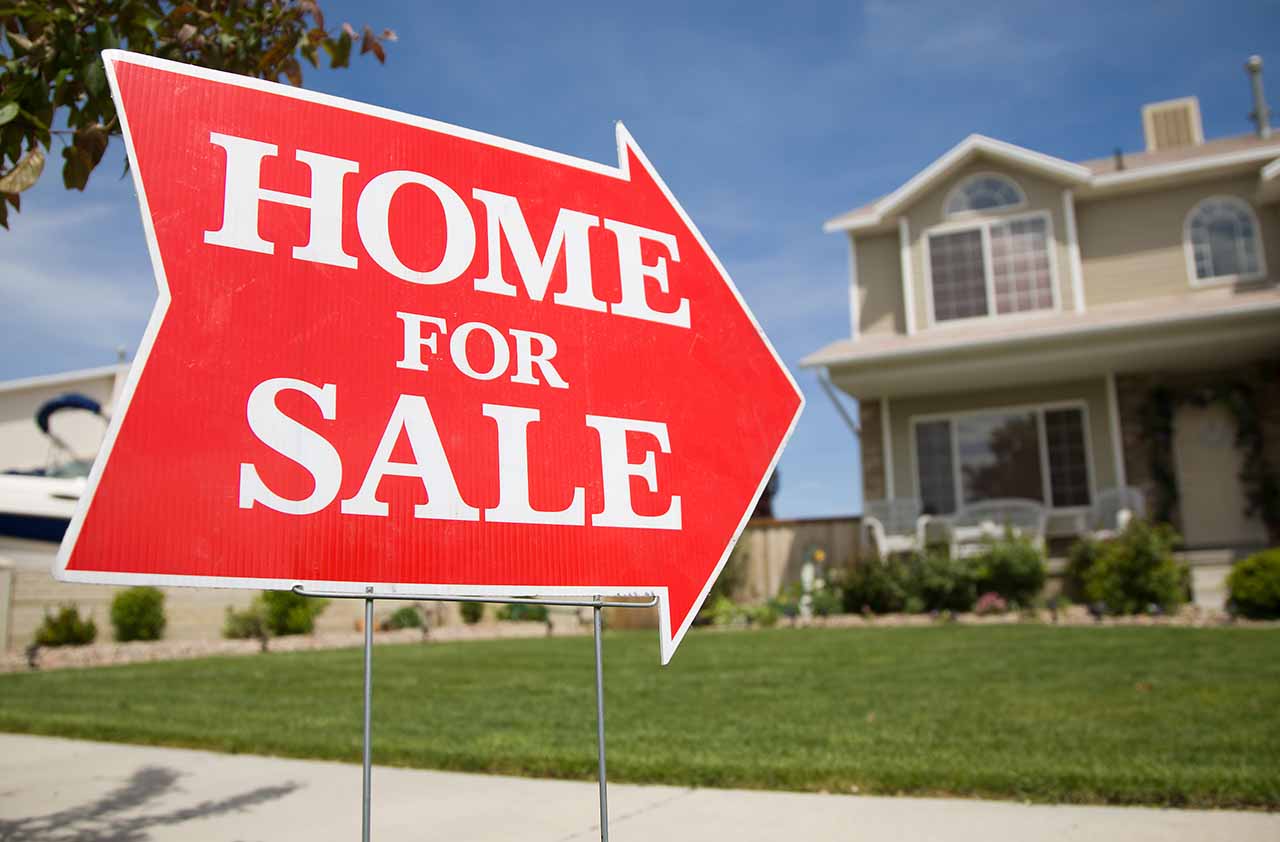
Profit and prosper with the best of Kiplinger's advice on investing, taxes, retirement, personal finance and much more. Delivered daily. Enter your email in the box and click Sign Me Up.
You are now subscribed
Your newsletter sign-up was successful
Want to add more newsletters?

Delivered daily
Kiplinger Today
Profit and prosper with the best of Kiplinger's advice on investing, taxes, retirement, personal finance and much more delivered daily. Smart money moves start here.

Sent five days a week
Kiplinger A Step Ahead
Get practical help to make better financial decisions in your everyday life, from spending to savings on top deals.

Delivered daily
Kiplinger Closing Bell
Get today's biggest financial and investing headlines delivered to your inbox every day the U.S. stock market is open.

Sent twice a week
Kiplinger Adviser Intel
Financial pros across the country share best practices and fresh tactics to preserve and grow your wealth.

Delivered weekly
Kiplinger Tax Tips
Trim your federal and state tax bills with practical tax-planning and tax-cutting strategies.

Sent twice a week
Kiplinger Retirement Tips
Your twice-a-week guide to planning and enjoying a financially secure and richly rewarding retirement

Sent bimonthly.
Kiplinger Adviser Angle
Insights for advisers, wealth managers and other financial professionals.

Sent twice a week
Kiplinger Investing Weekly
Your twice-a-week roundup of promising stocks, funds, companies and industries you should consider, ones you should avoid, and why.

Sent weekly for six weeks
Kiplinger Invest for Retirement
Your step-by-step six-part series on how to invest for retirement, from devising a successful strategy to exactly which investments to choose.
After a turbulent few years, the housing market remains a challenging landscape for both buyers and sellers. While mortgage rates have eased from their late-2023 peak of nearly 8%, they still hover above historical norms, keeping affordability concerns front and center.
Home prices remain elevated, and while inventory levels have improved, the market still favors sellers in many regions. For homeowners considering a sale in 2025, taking the right steps before putting it on the market can help you attract buyers and maximize your sale price.

Clean and Declutter
If you're thinking about putting your home on the market, give it a deep clean in preparation for potential buyers who may visit for an in-person tour. You should also declutter the entire space.
That's because you want potential buyers to envision themselves -- and not your junk -- in the home. Decluttering reveals a room's dimensions, architectural details and natural light, according to REALTOR® Magazine.
Of all the updates you can make in preparation for a resale, simply cleaning your home is among the least expensive, and it has a big impact. If you do it yourself, you'll only need to foot the bill for cleaning supplies.
If you decide to have your home professionally cleaned, you can expect prices to range from $100 to $200 per hour for a cleaning service, according to HomeAdvisor.com. For a deeper clean, expect $400 or more for a one time visit. The fee will vary based on the size, location and condition of your home.
Once the cleaning is done, it may be worth the investment to hire a professional home stager. This person will reconfigure your space using furniture, art and home decor items to make it more attractive to potential buyers. According to Home Advisor, most homeowners pay an average of $1,844 to stage their home for sale.

Choose the Right Agent for You
Just as you would with any contractor, it's smart to interview at least three agents who do a lot of business in your neighborhood or your condo building.
Ask friends and neighbors for references. Or you can search for one on Realtor.com by clicking on the Find Realtors® tab.
When interviewing potential agents, beware of the one who suggests listing your home for the highest possible price. Chances are, he or she is just trying to snag the listing; reality is, it won't likely sell for that much. This is a tactic that could deter buyers and delay the sale.
Once you've found an agent you'd like to work with, it's a good idea to commit to the shortest possible listing period -- say, three months -- and renew it if you'd like. But that doesn't mean you're stuck with an agent who turns out to be a nightmare.
Before signing a listing agreement, make sure it outlines the agent's duties and includes clauses that allow you to terminate or opt out of the contractual relationship if certain circumstances change (say, a job opportunity fell through or your spouse died) or because you believe the agent has failed to perform.

Determine How Much You'll Have to Pay Your Agent
For a lower-cost alternative, consider using an agent who works for Redfin, a real estate brokerage active in more than 90 U.S. markets.
Sellers who list with a Redfin agent pay 1.5% of their home's sale price in commission -- or 1% if they also buy their next home from a Redfin agent within one year (the 1% rate isn't available in all cities).
You still pay a 2.5% or 3% commission to the buyer's agent. So, the total commission ranges from 3.5% to 4.5%.
If you have a nice home and are willing to pay more to sell quickly, consider an iBuyer (“i" is for instant), such as Opendoor, Offerpad, Redfin or Zillow Offers.
If your home meets their criteria, they'll make you a free, no-obligation purchase offer. If you accept the offer, you can close for cash in as little as a week. You'll pay from 6% to 14% of the home's sale price, but you won't pay fix-up or carrying costs while you're trying to sell.
If your home is older and in poor condition, you could list it with an agent to sell “as is" to fixer-uppers, flippers or landlords. You'll pay the usual agent's commission, but no fix-up or repair expenses.
If you want the quickest possible sale with the least hassle and expense, you could sell directly to a real-estate investor.
To find one, ask for a referral from a local real estate agent, search by location at HomeVestors.com or WeBuyHouses.com.

Set the Right Price
Your agent should provide you with a comparative market analysis, which examines the selling prices of homes similar to yours in size, amenities and location. You'll want to use it as a guide to help set your asking price.
If it's a seller's market (meaning the demand is strong, but the supply is insufficient) and home prices continue to rise, you may get multiple bids that drive up your original list price.
If buyers have the advantage and home prices are flattening or declining, you may have to negotiate a lower sale price or offer to pay some of the buyer's closing expenses.
Remember, whatever purchase price you agree upon, it still must pass muster with an appraisal of the home's current market value, which protects the buyer and the mortgage lender.
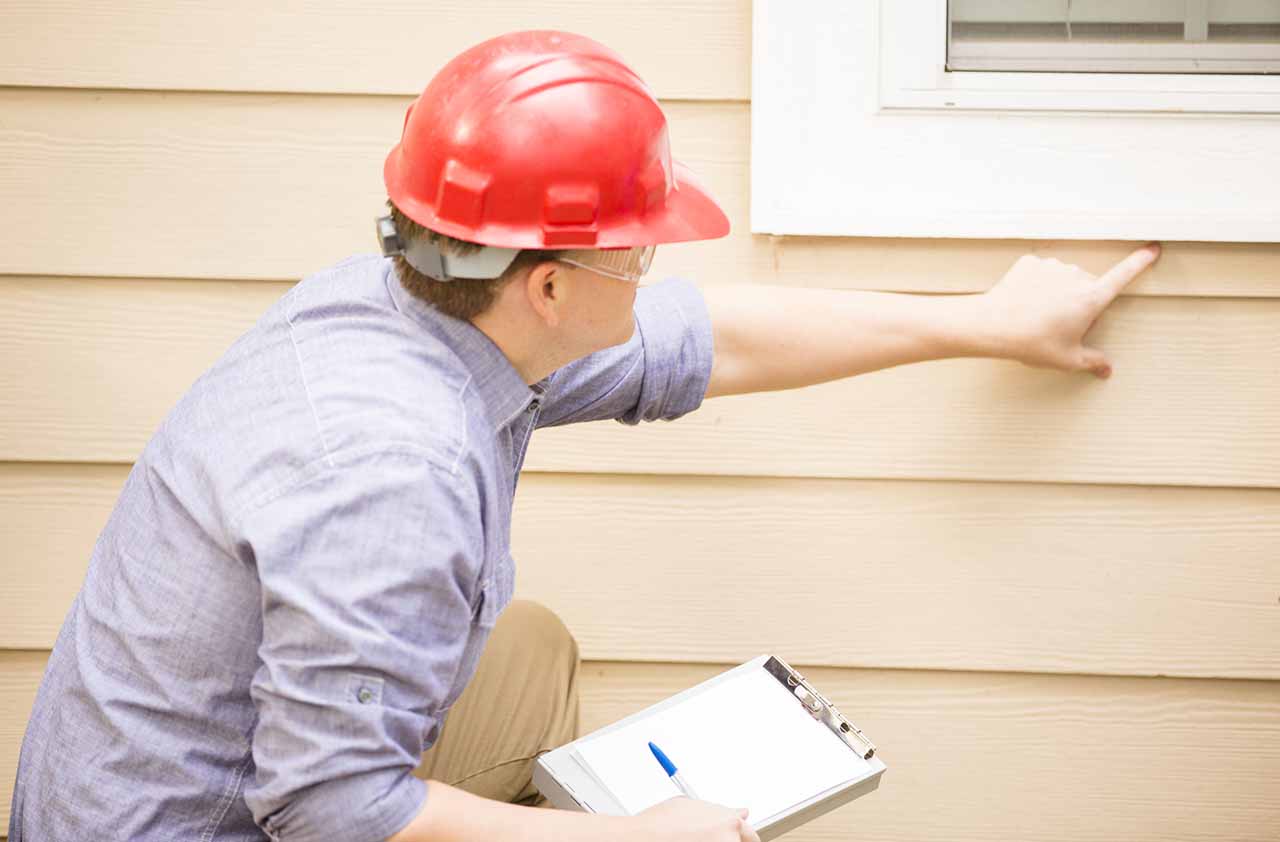
Be Prepared to Disclose Your Home's Defects
It's the law in most places to disclose knowledge of any material defects. You may be required to reveal known problems of your home's roof, walls, foundation, basement, plumbing, heating and electrical systems, as well as past pest problems and the presence of hazardous materials such as radon, lead paint and asbestos. Your state may even require you to fill out a standard disclosure form.
Honesty is always the best policy. Even if you don't disclose problems, the buyer's home inspector is likely to discover them and your lack of transparency could cause the buyer to walk away. And, if he or she discovers the problem after the sale closes, you could be sued for misrepresentation or omission in your disclosure.
You could proactively hire a home inspector to identify small and big problems that you can have fixed before listing your property. The cost of a home inspection will run you about $350 to $400, according to HomeAdvisor.com. The fee may vary by region and sometimes on the age, size and construction of the house.

Protect Yourself and Your Home
Selling your home means opening your doors to potential buyers, but it’s important to prioritize security throughout the process. Before showings, be sure to lock up valuables such as jewelry, cash, important documents and remove prescription medications from plain sight or store them in a secure place.
If you're listing agent is hosting an open house, discuss security measures for their safety and yours . After each showing, double-check that all doors and windows are locked — especially if your home is vacant. Taking these precautions can help protect your belongings and give you peace of mind while navigating the sales process.

When Buyers Show Up, Leave!
So you've done your best to prepare your home for sale: You've cleaned, decluttered, repaired and staged. Now, when it's being shown, leave the premises. You want the buyers to feel comfortable looking around your house, not wondering where they'll encounter you lurking next.
If they have any questions, their agent will call yours. Besides, when you meet with buyers face-to-face, you might inadvertently reveal how motivated you are to sell and other clues that erode your negotiating power.
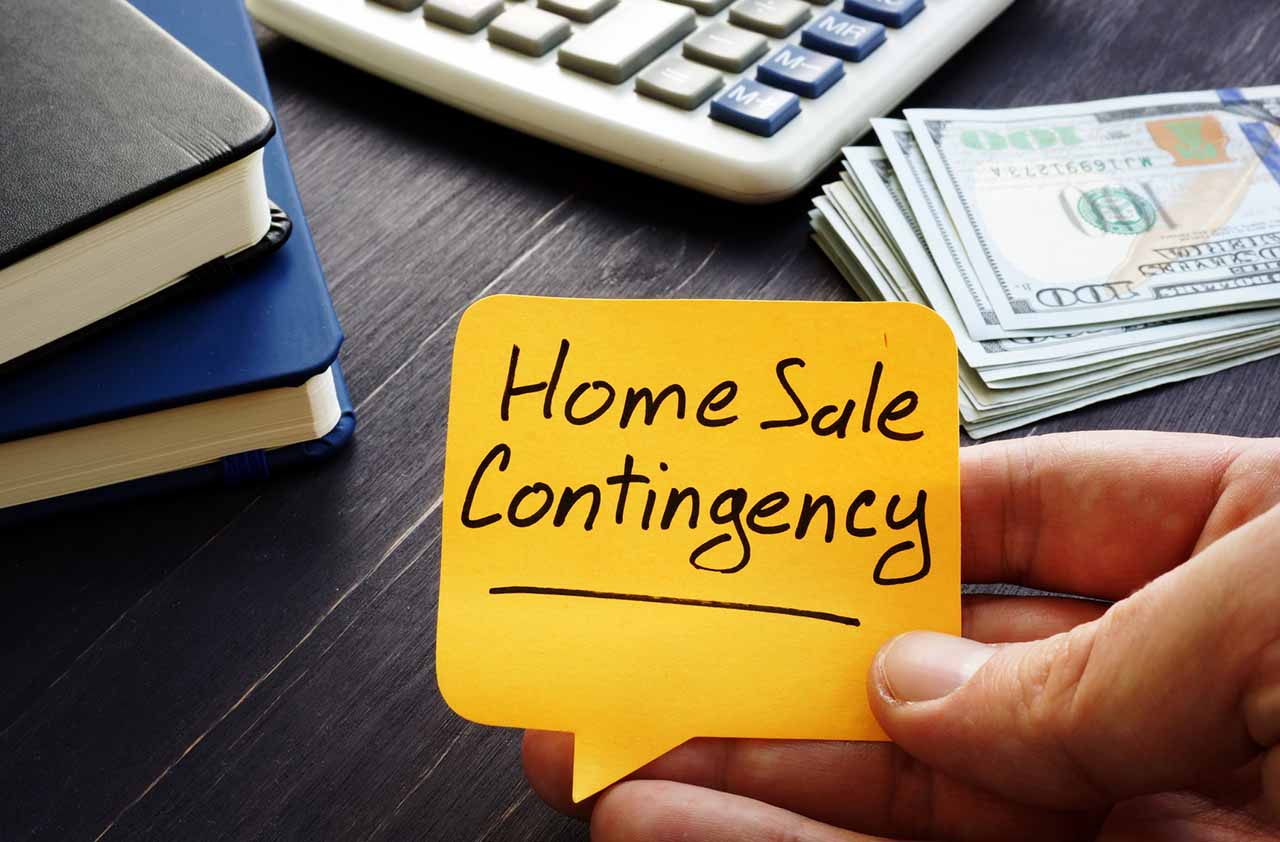
Bridge the Gap Between Homes
You may face the dilemma of wanting to buy your next home before having sold your previous one. Where will you get the money to make a down payment and close on the new home? You have a couple of options:
You can make your purchase offer contingent on the sale of your current home. Sellers are most likely to accept the contingency if the local market is hot and your previous home is likely to sell quickly. (However, if they have received multiple offers, they may not accept an offer with any contingencies.)
Ultimately, you'll want to weigh the risk that you could end up owning and paying mortgages on two homes for some time. The safest strategy is to sell first, then buy.

So You Sold at a Loss . . .
Don't expect Uncle Sam to lend a helping hand if you lose money on the sale of your personal residence. Plenty of homeowners experienced losses if they had to sell in the aftermath of the housing crisis beginning in mid 2006.
But, even in a healthy market where home prices are rising, you could lose money if you sell before you've increased your home equity enough (through home-price appreciation and paying down your mortgage balance) to offset your cost to sell.
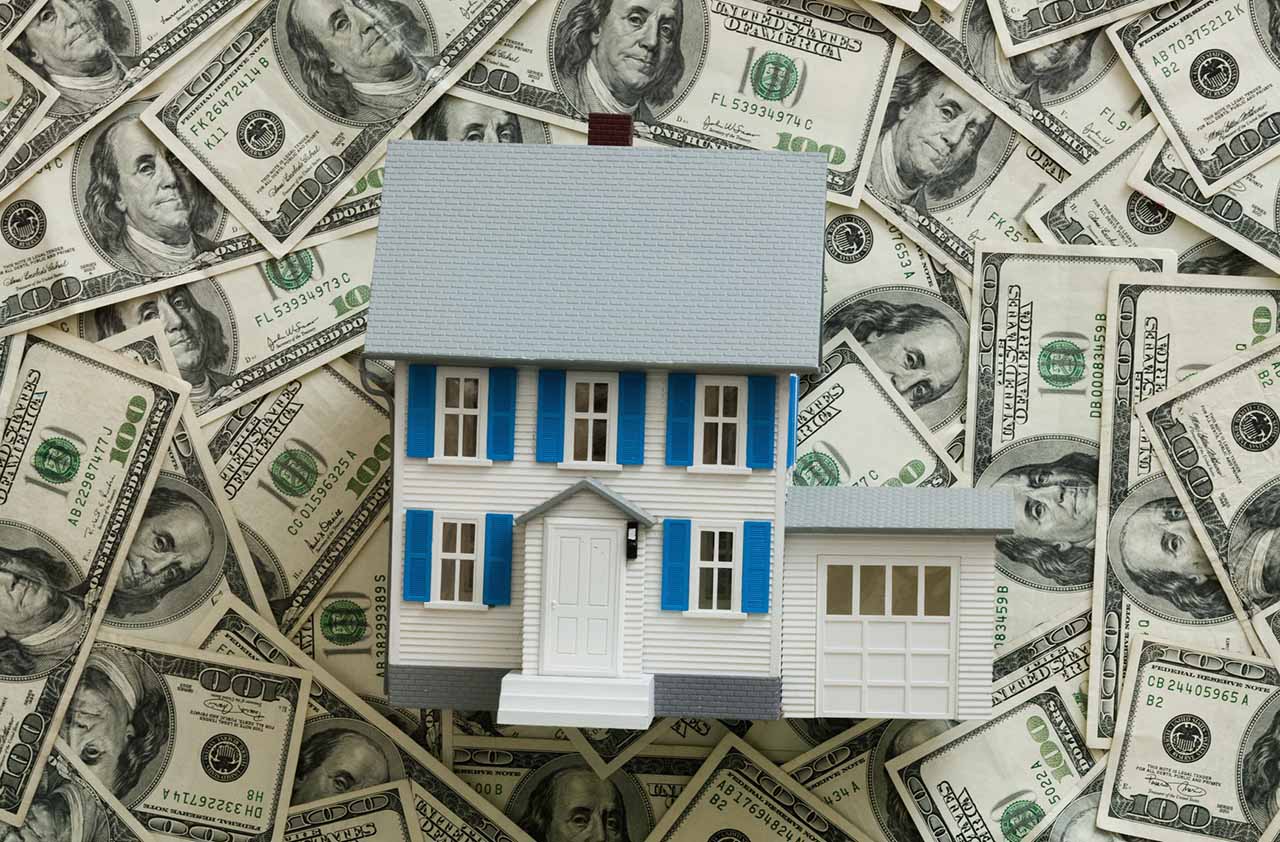
Next Steps If You Profit From a Home Sale
If you own and live in a home for a total of 24 months within the five years prior to the date of sale, you won't owe taxes on up to $250,000 in home-sale profits if single, or $500,000 in profits if married filing jointly.
The home must be your main home (for criteria, see IRS Publication 23, Selling Your Home). That means most homeowners won't pay a dime to Uncle Sam on their home-sale profits.
If you're married and filing jointly, only one spouse must meet the ownership test (one of you owned the home for a total of 24 months within the five years prior to the date of sale), but both of you must meet the residence test (you both lived in the home for at least 24 months).
If you inherit a home, you'll only owe taxes on the stepped-up basis of the home. For exceptions to this rule (notably for divorced spouses, widows or widowers and members of the uniformed services, foreign service, intelligence agencies or Peace Corps on qualified, extended duty), the IRS Publication 523 provides guidance: You may qualify for a partial exclusion of any gain if the main reason for your home sale was a change in workplace location, a health issue, or an unforeseeable event.
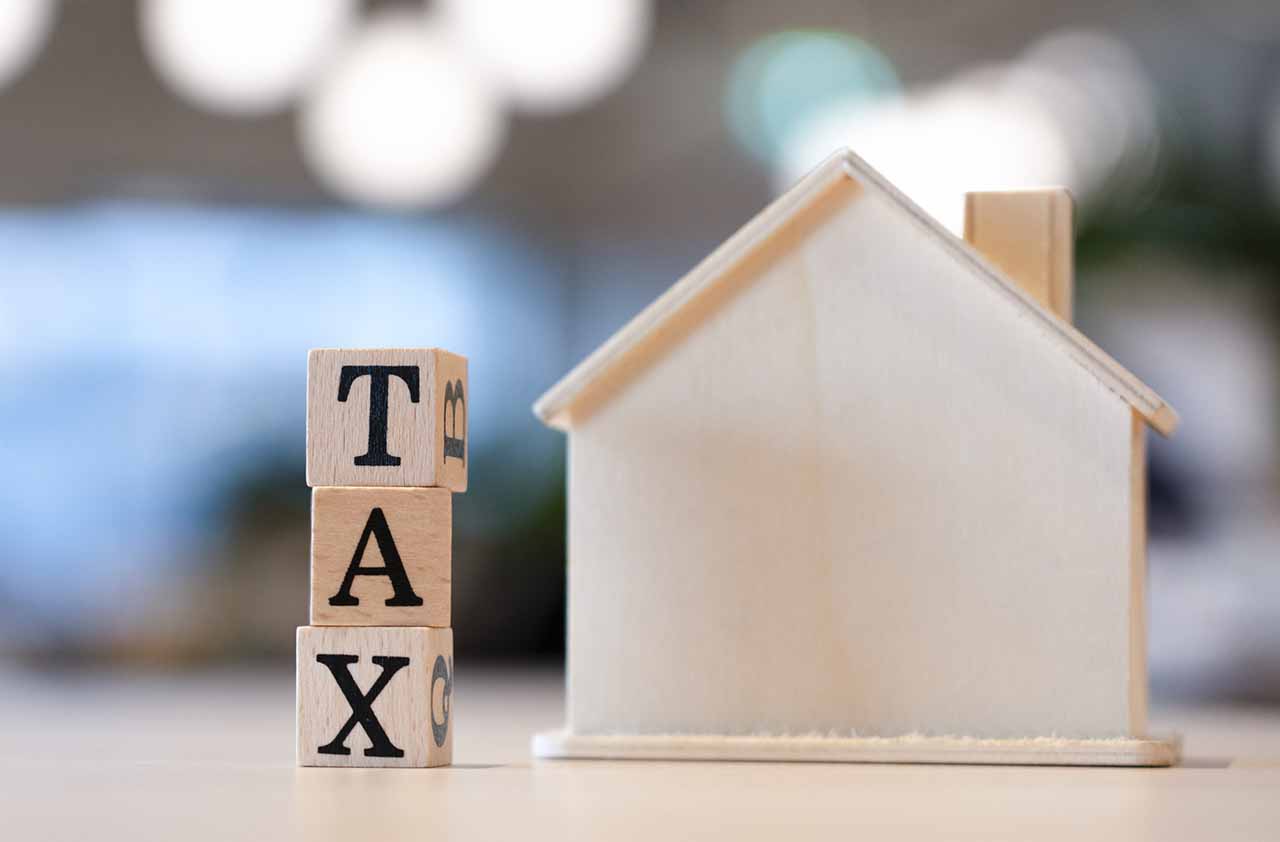
The Tax Impact of Selling a Deceased Parent's Home
Say your father bought his home in 1950 for $15,000. When he died, he left you the house, which is now worth $315,000. Do you have to pay taxes on the $300,000 gain? Probably not.
When you sell the house, your gain or loss will be measured from the fair market value of the home on the date your mother or father died (the tax basis) of $315,000.
If you sell for more, the difference will be taxed as a long-term gain. Be sure to keep track of selling costs including the real estate agent's commission, any closing costs you pay and the cost of repairs that you agree to pay after the buyer's home inspection. You can subtract these costs from the sale price of the home to reduce taxable profit.
If you sell for less and your capital losses are more than your capital gains, you can deduct the difference as a loss on your tax return. You can claim up to $3,000 of the loss annually (or $1,500 if married and filing separately), and you can carry over the balance of the loss to next year's tax return.
Profit and prosper with the best of Kiplinger's advice on investing, taxes, retirement, personal finance and much more. Delivered daily. Enter your email in the box and click Sign Me Up.

-
 Dow Adds 1,206 Points to Top 50,000: Stock Market Today
Dow Adds 1,206 Points to Top 50,000: Stock Market TodayThe S&P 500 and Nasdaq also had strong finishes to a volatile week, with beaten-down tech stocks outperforming.
-
 Ask the Tax Editor: Federal Income Tax Deductions
Ask the Tax Editor: Federal Income Tax DeductionsAsk the Editor In this week's Ask the Editor Q&A, Joy Taylor answers questions on federal income tax deductions
-
 States With No-Fault Car Insurance Laws (and How No-Fault Car Insurance Works)
States With No-Fault Car Insurance Laws (and How No-Fault Car Insurance Works)A breakdown of the confusing rules around no-fault car insurance in every state where it exists.
-
 12 Great Places to Retire in the Midwest
12 Great Places to Retire in the MidwestPlaces to live Here are our retirement picks in the 12 midwestern states.
-
 15 Cheapest Small Towns to Live In
15 Cheapest Small Towns to Live InThe cheapest small towns might not be for everyone, but their charms can make them the best places to live for plenty of folks.
-
 Best Cold Weather Places to Retire
Best Cold Weather Places to RetirePlaces to live Some like it hot; others, not so much. Here are the 12 best places to retire if you can't stand the heat.
-
 The 24 Cheapest Places To Retire in the US
The 24 Cheapest Places To Retire in the USWhen you're trying to balance a fixed income with an enjoyable retirement, the cost of living is a crucial factor to consider. Is your city the best?
-
 The Six Best Places to Retire in New England
The Six Best Places to Retire in New Englandplaces to live Thinking about a move to New England for retirement? Here are the best places to land for quality of life, affordability and other criteria.
-
 Best Cold Weather Places to Retire
Best Cold Weather Places to Retireplaces to live Some like it hot; others not so much. Here are the 12 best places to retire if you can't stand the heat.
-
 15 Ways to Prepare Your Home for Winter
15 Ways to Prepare Your Home for Winterhome There are many ways to prepare your home for winter, which will help keep you safe and warm and save on housing and utility costs.
-
 5 Great Places to Buy a Vacation Home
5 Great Places to Buy a Vacation HomeWant a vacation home for remote work or a fun getaway? Here are locations with median prices under $500K.
